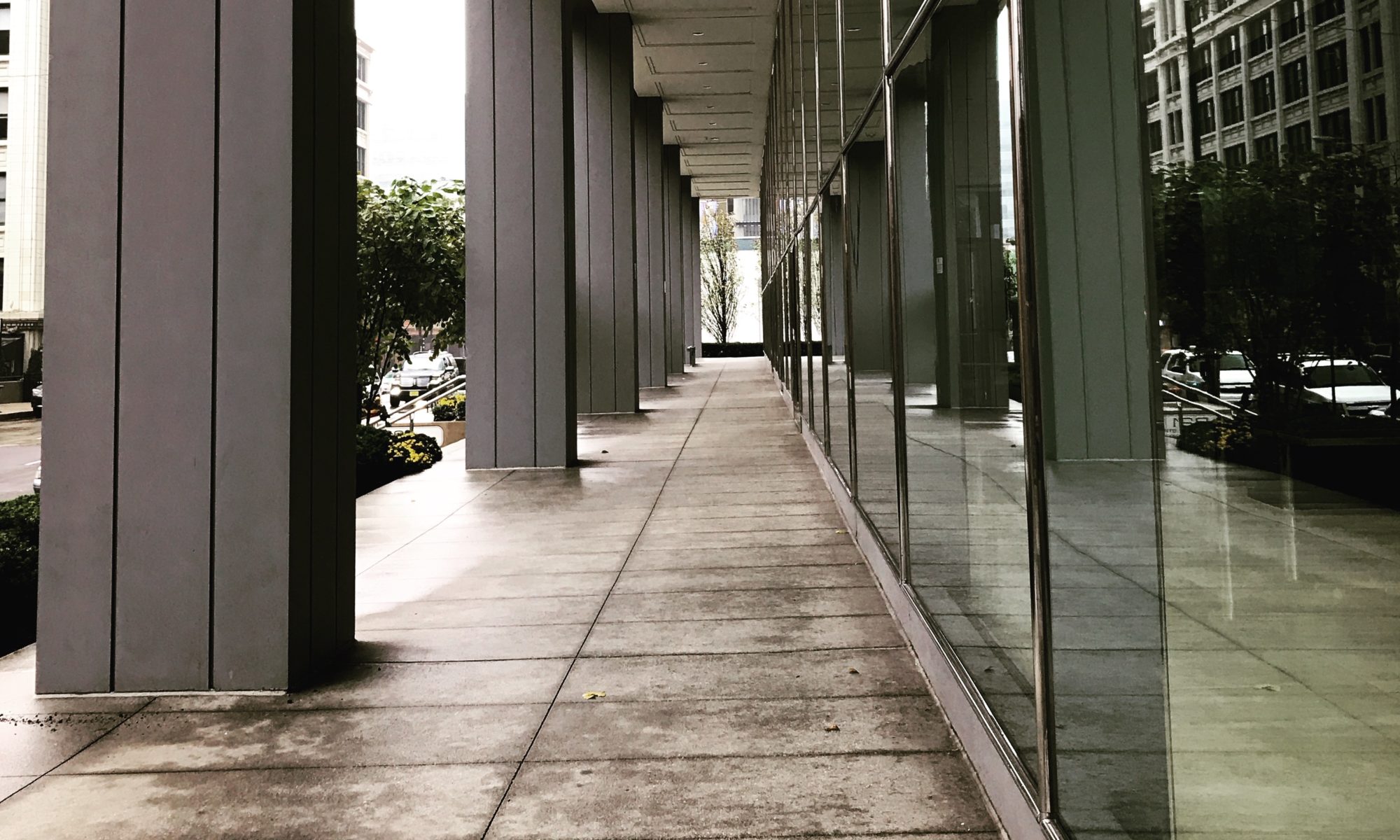This fall, I’ll be joining the part-time faculty in Loyola’s growing Computer Science Department teaching Social, Legal and Ethical issues in computing. I will join a part-time faculty (which includes Loyola Philosophy alum Matt Butcher) who all work professionally in their respective fields, while teaching in computer science — it’s an interesting feature of that department.
This course covers privacy, encryption, freedom of speech, copyrights and patents, computer crime, and computer/software reliability and safety; understanding of different philosophical perspectives; some of the basics of the US legal system; and the social, ethical and legal issues raised by new technologies, like self-driving cars and the ‘internet of things.’
I’m very interested to learn more about what concerns the students who are preparing to work on the systems that keep us connected to one another and to the information we require.
I’m also considering how to bring some of the engagement, dialogue and collaboration methods from my social and political philosophy and philosophy and persons courses to the computer science majors.
I’ve been writing quite a bit this month, and haven’t had too much time to delve into the applied ethics pedagogy literature, but I did come across an interesting recent essay (being married to a librarian has many perks!).
Daniel Hartner’s article appeared in Teaching Philosophy and it asks what the proper content is for professional ethics courses. He notes there’s an important distinction between different conceptions of ethics that may be involved in building and teaching applied ethics classes. As someone who has experience in developing course content for ethics courses, but not applied ethics courses, I hadn’t considered this before. From the abstract:
What is the proper content of a course in professional ethics, such as business ethics, engineering ethics, or medical ethics? Though courses in professional ethics have been present in colleges and universities for decades, the question remains largely unsettled, even among philosophers. This state of affairs helps to sustain and even exacerbate public misconceptions about ethics and professional ethical training in higher education. I argue that the proper content of such courses remains a potential source of confusion because the term ‘ethics’ is ambiguous between philosophical and nonphilosophical forms of normative inquiry into behavior, where the former involves broad, context-sensitive reflection on moral obligation, and the latter involves the narrower analysis and codification of behavioral norms with less sensitivity to context. Failure to distinguish between these two senses of ethics can result in conflicting conceptions of and expectations for training and courses in professional ethics. I sketch some of the specific problems generated by the ambiguity. I conclude by proposing an initial step toward a solution, one which focuses on making more explicit the distinction between courses that aim to teach professional policy and “best practices” and those that encourage genuine philosophical inquiry into morality and the good life.
Is this a distinction you account for in writing applied ethics courses — in your introductory material, or at certain points throughout a course, or in some other way? What’s your take on it? The full essay is currently available online.





